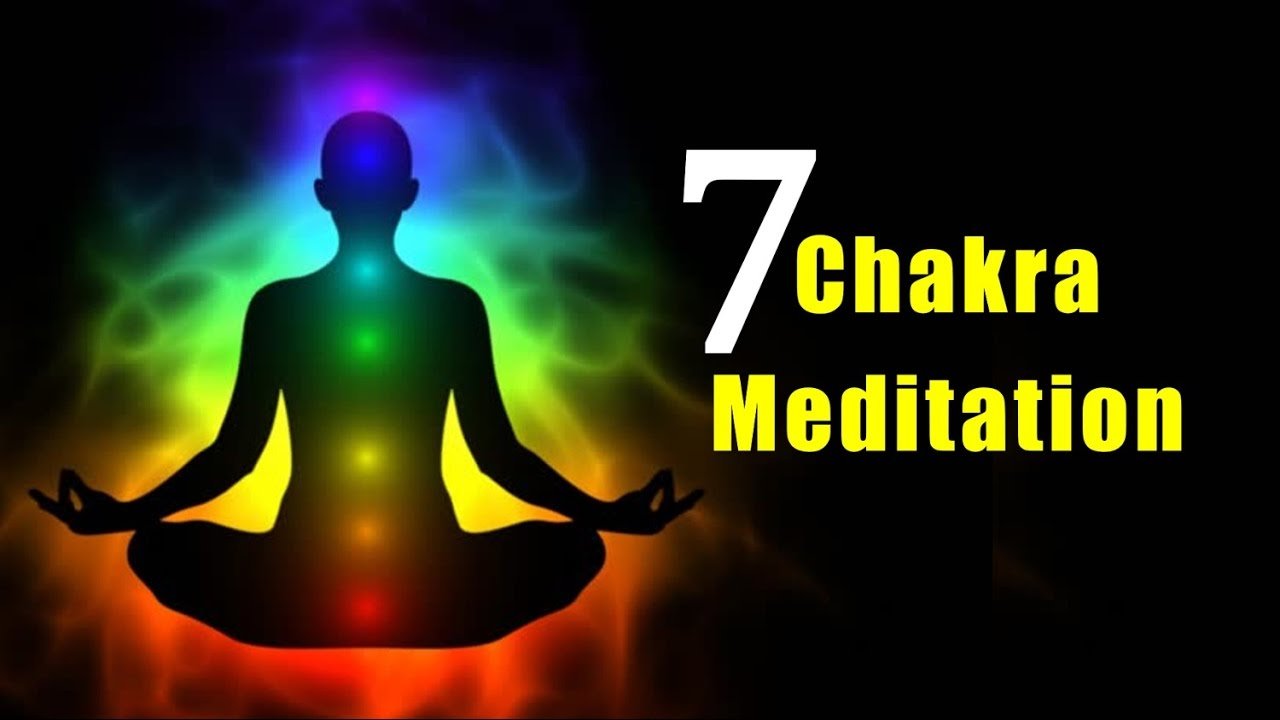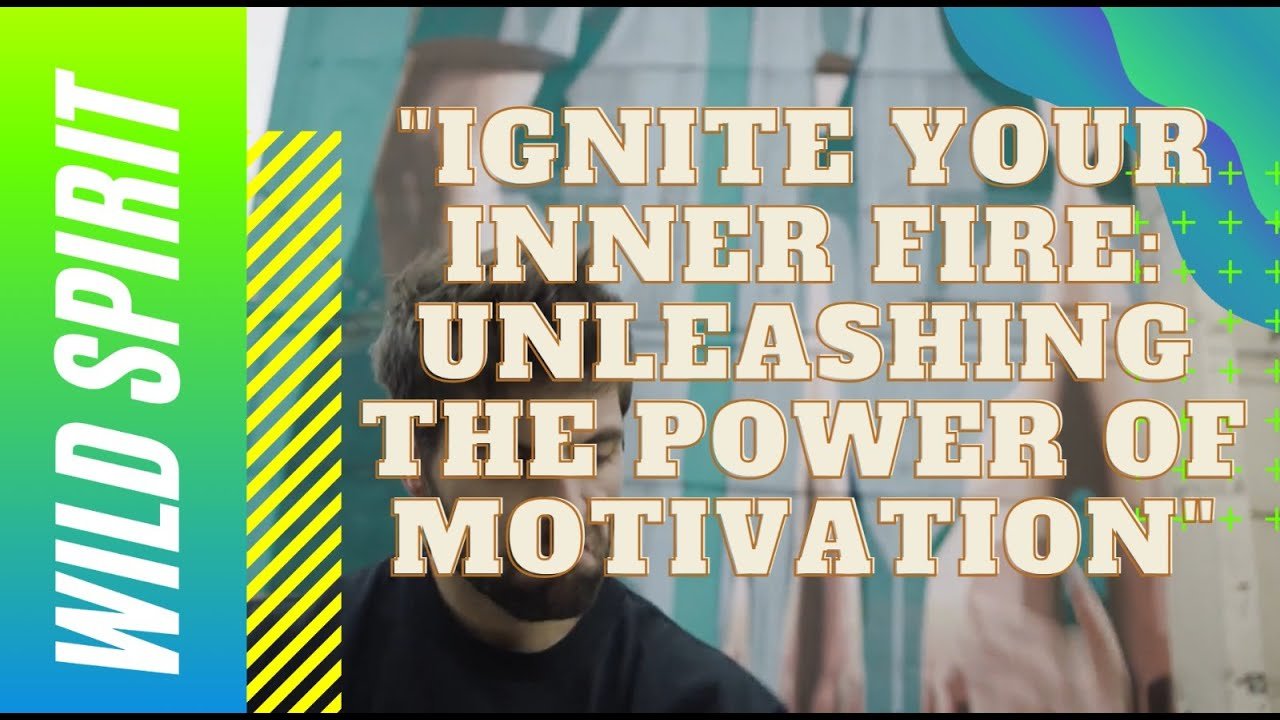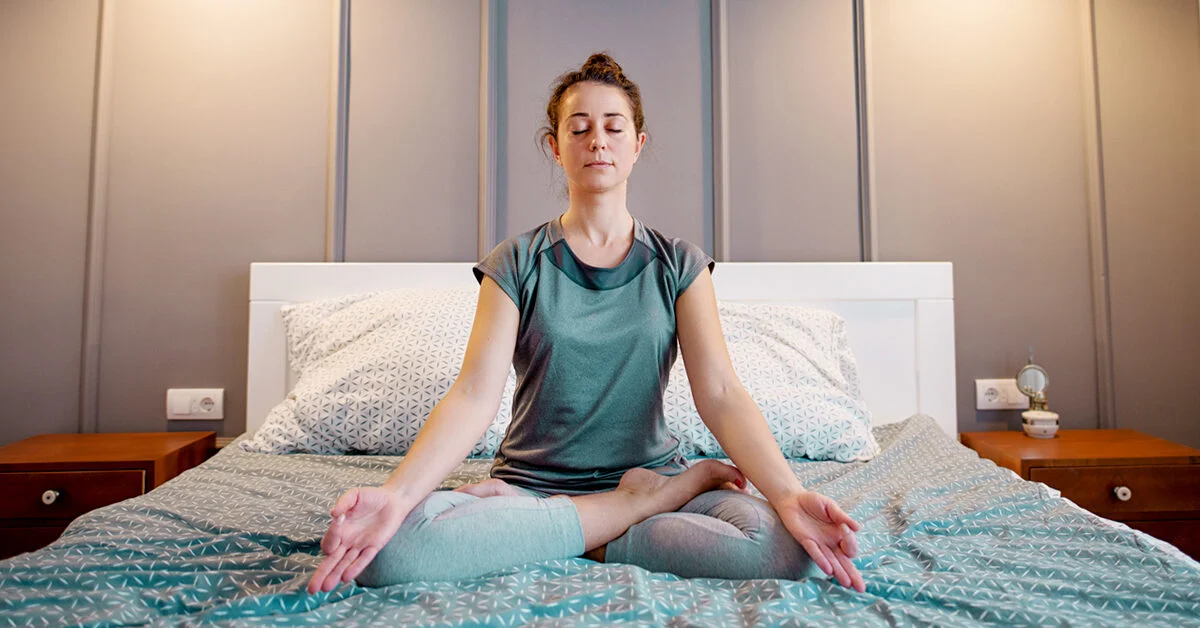Meditation
It is not possible to completely clear your mind. Instead, you can achieve a relaxed and calm mental state that will allow you to find more fulfillment from meditation. Start by acknowledging the mind and body connection. Treat your body the right way by taking a long walk or indulging in a cup of tea. To relax your mind, go through a few journaling exercises. Then, when you are ready, begin your meditation session in a quiet, serene setting.
Meditation: Nurturing Inner Peace and Well-being
1. Introduction
In the hustle and bustle of modern life, finding moments of tranquility has become increasingly important. This is where meditation comes in. This article dives deep into the world of meditation, exploring its various forms, benefits, and practical tips for incorporating it into your daily routine.
2. What is Meditation?
Meditation is a practice that involves training the mind to achieve a heightened state of awareness and focus. It encourages mindfulness and the ability to be present in the moment. Through meditation, individuals can create a space for introspection and mental clarity.
3. Benefits of Meditation
Meditation offers a multitude of benefits. From reducing stress and anxiety to improving emotional well-being, the practice has a positive impact on mental health. Moreover, meditation has been linked to enhanced concentration, increased creativity, and a greater sense of inner peace.
4. Different Types of Meditation
There are various forms of meditation, each with its unique techniques and purposes. This section explores mindfulness meditation, loving-kindness meditation, transcendental meditation, and more, helping you choose the one that resonates with you.
5. Getting Started with Meditation
Embarking on a meditation journey might seem overwhelming at first. However, this section provides practical steps for beginners, making the process more approachable. Learn about finding a quiet space, comfortable seating, and setting realistic expectations.
6. Creating a Meditation Routine
Consistency is key in meditation. Establishing a regular routine helps make meditation a habit rather than an occasional practice. Discover the best times to meditate, how to set a duration, and tips for staying committed.
7. Overcoming Common Challenges
Meditation isn’t always a smooth ride. It’s common to encounter challenges such as a wandering mind or physical discomfort. Learn how to overcome these obstacles and turn them into opportunities for growth.
8. Meditation and Stress Relief
Stress has become a prevalent part of modern life. Explore how meditation serves as a powerful tool for managing stress. Learn relaxation techniques and how meditation affects cortisol levels in the body.
9. Meditation and Improved Focus
In a world full of distractions, maintaining focus is a challenge. Discover how meditation enhances cognitive abilities and concentration. This section also delves into its effects on attention span and overall productivity.
10. Spirituality and Meditation
Meditation has deep roots in spirituality. Understand how it has been used as a means of connecting with one’s inner self or a higher power. Explore the intersection between meditation and various spiritual practices.
11. Meditation and Physical Health
The benefits of meditation extend beyond the mind. Learn about its positive impact on physical health, including better sleep, lowered blood pressure, and strengthened immune system. Discover the mind-body connection that meditation nurtures.
12. Meditation Apps and Resources
In the digital age, meditation apps and online resources have made the practice more accessible than ever. Explore a variety of apps, guided sessions, and resources that can support your meditation journey.
13. Meditation Retreats
For those seeking a deeper immersion into meditation, retreats offer a profound experience. This section highlights the transformative power of meditation retreats, whether in a serene natural setting or a dedicated meditation center.
14. Conclusion
Meditation is a journey of self-discovery and holistic well-being. By dedicating time to this practice, you can experience transformative shifts in your mental, emotional, and physical state. Embrace meditation as a lifelong tool for cultivating inner peace and clarity.
FAQs
1. Is meditation a religious practice?
Meditation can have religious associations, but it is not limited to any particular religion. It can be practiced by individuals of various faiths or no faith at all.
2. Can meditation replace medical treatment for anxiety?
Meditation can be a complementary practice to medical treatment, but it’s essential to consult with a healthcare professional for serious conditions.
3. How long should I meditate each day?
Start with a few minutes and gradually increase the duration as you become more comfortable. Aim for at least 10-15 minutes daily.
4. Can children and older adults meditate?
Yes, meditation is suitable for people of all ages. There are meditation techniques tailored to different age groups.
5. Is it normal to have thoughts during meditation?
Absolutely. Having thoughts is a natural part of meditation. The key is to observe them without getting attached and gently guide your focus back to your breath or chosen point of concentration.












